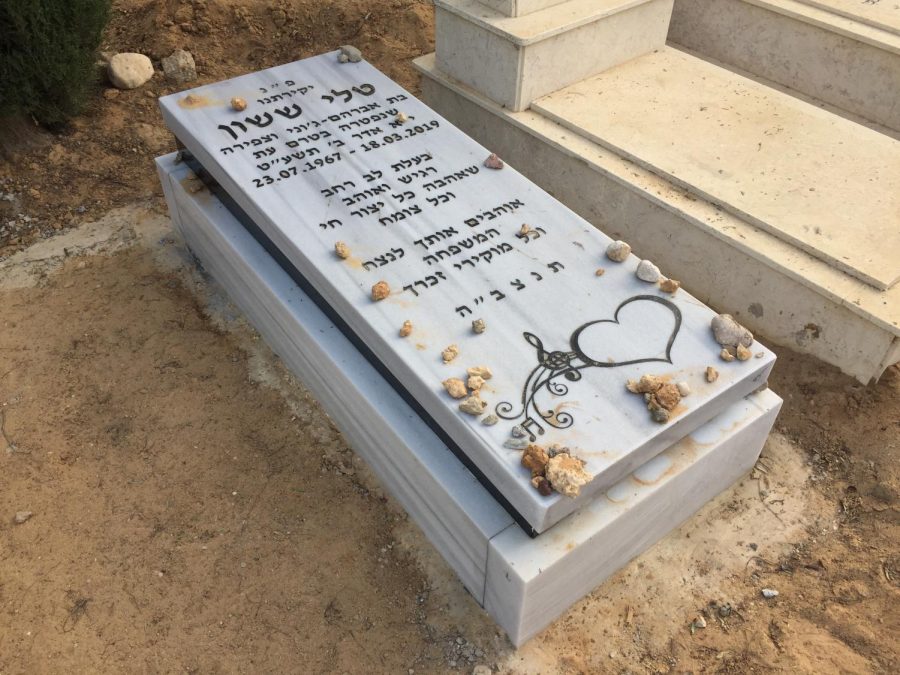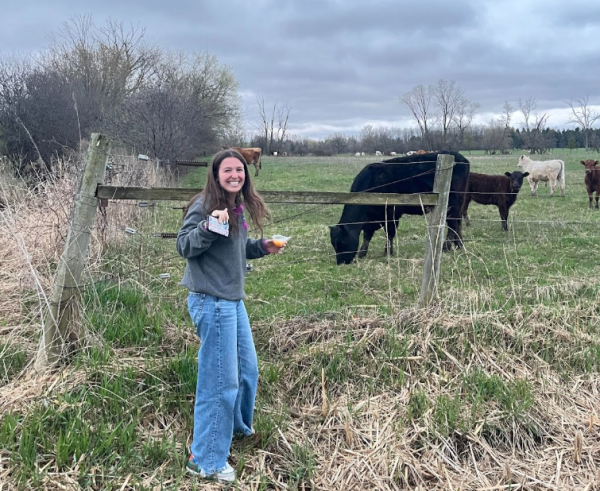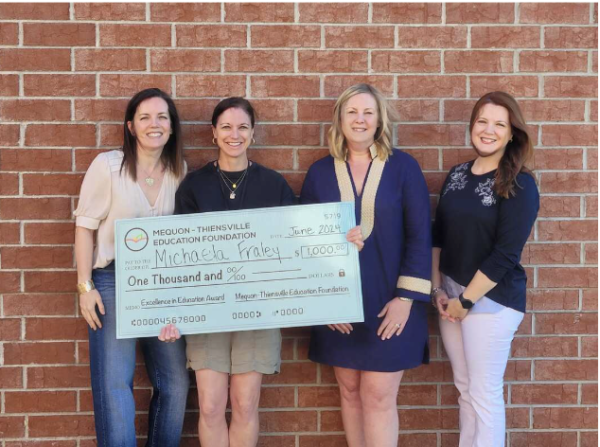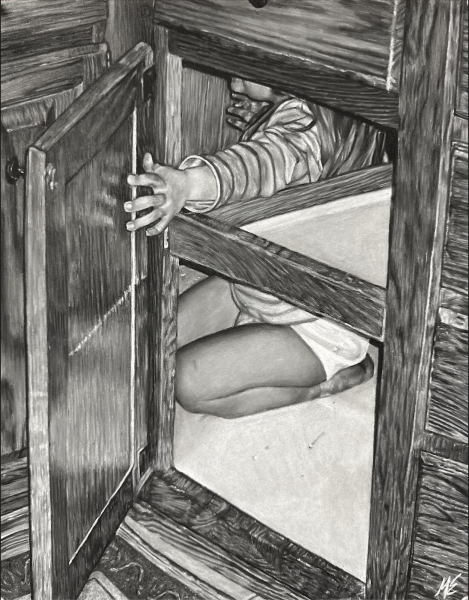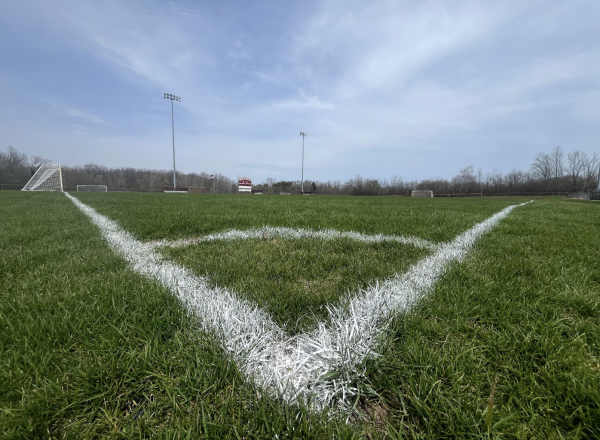Leaving home: The struggle to keep in touch
As Homestead’s Class of 2019 prepares for the next stage of their lives, many prepare to leave their families, and even their hometowns, behind. Although this is a cause of worry for many, it is not as stressful as it seems.
Now a senior at Homestead, I have been separated from the majority of my family by half the globe since the age of six, living only with my mother, stepfather and half-brother. I have visited Israel every year since, increasing my annual visits from two to three visits upon the birth of my second half-brother, this one on my father’s side.
Keeping in touch with family as far away as mine has been painfully difficult. The time difference, a significant eight hours, alone has resulted in countless sleepless nights as either I have stayed up late to catch my family between when they woke up and when they went to work or they attempted to keep awake until I returned home from school.
Filtering from afar is easy, but maintaining solid and loving relationships is quite the opposite. I soon realized I’d only be able to maintain a healthy relationship with my family if I actively pursued it. I’d call my family as soon as I arrived at school — around 7:05 — and try to reach as many as I could. Conversations were kept short, but what else could I expect with only 20 minutes to try to stay in touch with almost my entire family? Saturdays were easier as long as I woke up early enough, and Sundays were a balancing act because it is considered a weekday in Israel. Despite these challenges, I had, for the most part, developed a routine.
That is, until March 18, 2019, until the unforeseen aortic rupture.
On that day, my entire world was turned upside-down. It was the day my stepmom in Israel passed away.
At no other point in my life had I felt the distance between myself and my family as poignantly as on that day — and every day since.
At first, I couldn’t bear to call my family. My phone filled with missed calls, texts and voice messages. Like I said, filtering is easy. After a few hours, I decided to return my dad’s, aunts’, and grandparents’ calls — time zones no longer mattered since none of us could sleep.
From that day on, I increased my efforts to call my family, to hear their voices. I now saw the possibility of death at every turn. Although I could not sit shiva in mourning with my family (the seven days of mourning in Jewish culture during which family and friends of the departed and the bereaved join together), I made sure I felt their presence, and they mine.
By the time spring break came around in mid-April and I was able to visit my family, my stepmom’s azcara had come around. This Jewish ceremony takes place 30 days after death and is when the headstone is revealed. Prayers are said over the grave, and each person in attendance places a stone on the grave. Although the accounts behind this tradition vary, they tend to center around the belief that the stones signify a love of the departed and help ground the spirits of dead.
Tears were shed, red-eyed looks passed around, and hugs exchanged. No one could fathom that she was no longer with us, that my six-year-old brother would now grow up without a mother. But we needed this opportunity to mourn, to sit together as one and remember the beautiful soul she was. She will never see my brother finish first grade or see me graduate high school or go to college.
But life goes on.
The one piece of advice I can give Homestead’s class of 2019 is to make the active effort to stay in touch with your families. If this process appears daunting, make sure to call. Distance is chilling, but keeping that warmth alive is one of the most important tasks of your life. No one can know when one moment can be a loved one’s last.
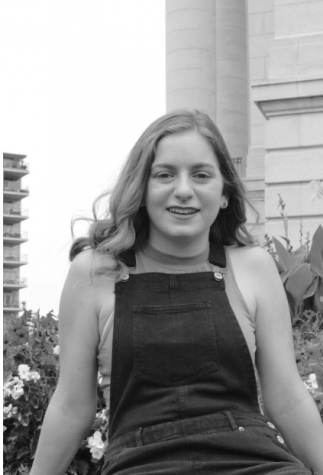
Shir Bloch, a senior at Homestead, is passionate about writing and wants to explore her abilities through this class. Born in Israel, she used her passion...

